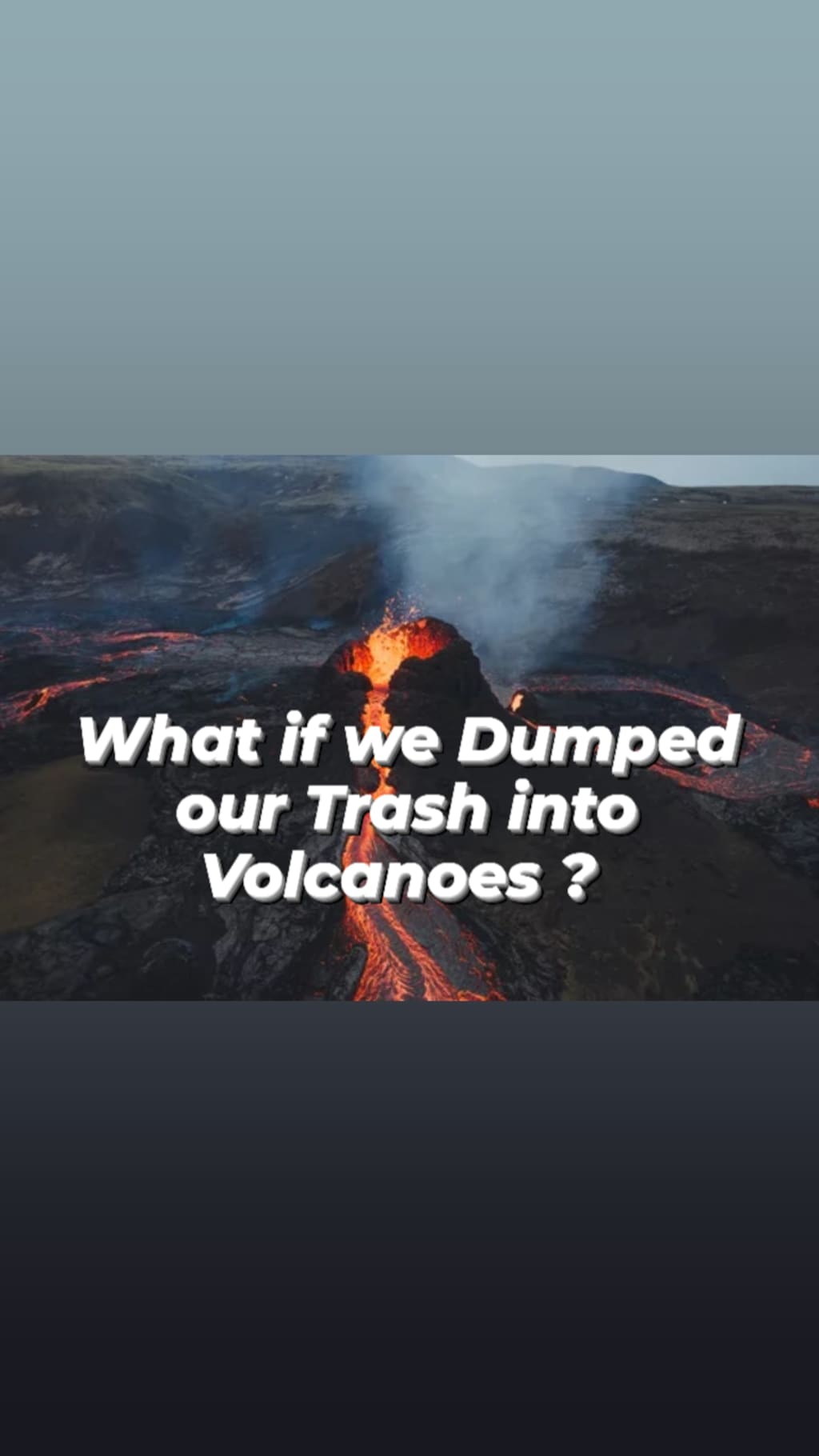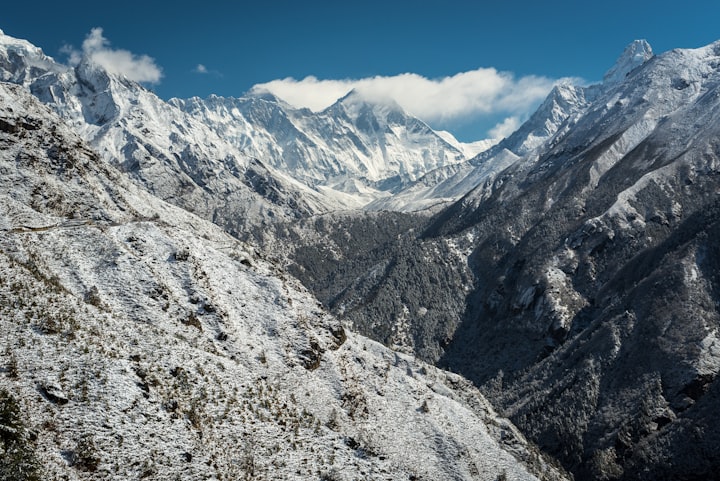What if we Dumped our Trash into Volcanoes
WHAT IF?

A volcano is one of the most unforgiving natural phenomenons on Earth. If you were to fall into its magma-filled center, your body would quickly bubble up, and disappear without a trace. So if they're so good at getting rid of things, why aren't we using them to get rid of our garbage? This is WHAT IF, and here's what would happen if we dumped our trash into volcanoes. Americans alone generate about 254 million tons of trash per year, and although dumping it into volcanoes might sound like the perfect way to get rid of it, it wouldn't be that easy. Volcanoes might look like nature's garbage incinerators, but in reality, they're much more dangerous and unstable, not to mention a lot harder to get to. Would overcoming these obstacles be worth it? Or would dumping our trash in volcanoes just cause even more harm to our planet? The first obstacle in our quest for volcanic garbage disposal would be finding an active volcano that can get the job done. There are only about 1,500 potentially active volcanoes worldwide, and most of them aren't located anywhere near humans, for obvious reasons. That means that getting all our trash to an active volcano could turn out to be pretty expensive, and once we get there we may find out it's not even the right kind of active volcano. The kind of volcano we'd be looking for is called a shield volcano, a slow-erupting variety that contains the iconic lava lakes that gradually spew out onto the Earth. Unfortunately, these aren't very common. You're more likely to come across their angry cousins, known as stratovolcanoes. Stratovolcanoes are known for their explosive eruptions, caused by the build-up of pressure from hot gas and magma. In other words, they're probably not the safest location for the town dump. But let's say we're lucky enough to find ourselves a nice active shield volcano; before we worry about the logistics of getting our trash there, let's figure out if it's even a good idea to dump it inside. If you were one of the first waste collectors hired to drive up to the vent of a volcano, you'd quickly start to question your career choices. The vent of a volcano is a treacherous environment full of poisonous gases, lava splatter, and projectile rocks; and things only get worse once you start throwing stuff inside. In 2002, a group of Ethiopian researchers threw a 30 kg (66 lb) bag of trash into a volcano, and the results were explosive. Lava lakes are unstable, so if you pierce their surfaces with something cold, like trash, you'll trigger a chain reaction of explosions involving pressurized and acidic steam. So can you imagine how big these explosions would be if you threw an entire nation's trash in there? Well to put it in perspective, rockfalls into lava lakes in Hawaii have sent lava 85 m (280 feet) into the air, so it'd probably look something like that. Even if you could safely get your trash into the volcano, you'd still have to worry about all the air pollution created by burning our waste without filters. Plus, not all materials will completely break down in lava, which means that the polluting remnants could erupt out and contaminate the surrounding landscape; not ideal if you were hoping to burn nuclear waste, for example. Add these environmental impacts on top of the fact that shipping all our trash to these volcanoes would significantly increase the carbon footprint of the waste disposal, and the whole thing looks like a terrible idea. If we're going to burn our trash, why not at least do it some place where we can use the heat released through incineration to create new sources of energy? Or, instead, maybe we could just shoot our garbage out into space? Surely there can't be any harmful effects there... right?Well that's another question for us to find out.






Comments
There are no comments for this story
Be the first to respond and start the conversation.